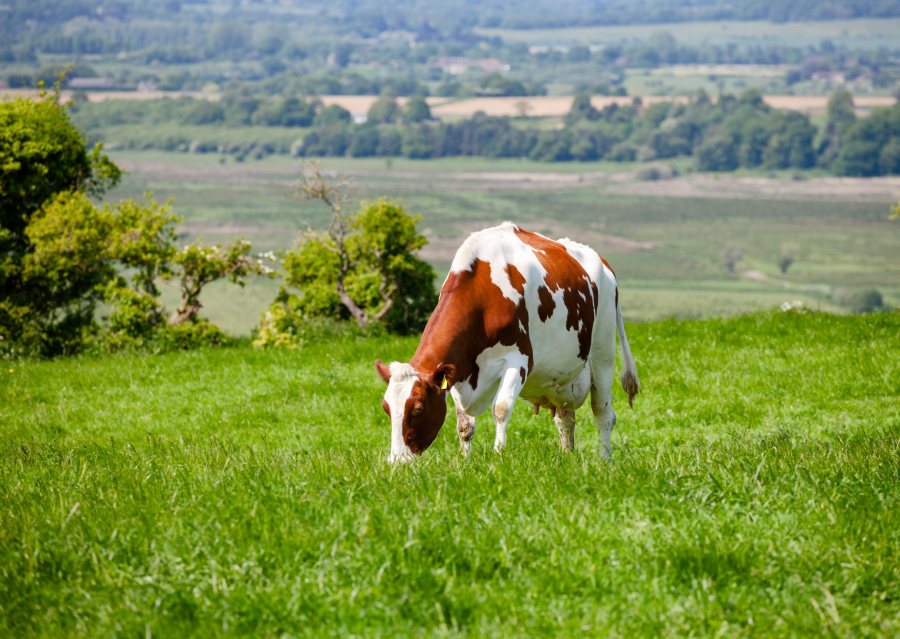
Dairy farmers are being urged to look out for heat stress as temperatures across the UK are predicted to hit 30C over the weekend and into next week.
Heat stress in cows is becoming a major concern for many dairy farmers as summers get hotter.
A heatwave can drastically reduce milk yields and even put a farm’s sustainability at risk over a long period.
Dr Tom Chamberlain, a leading expert on the impacts of heat stress, found that across the nine farms, heat stress led to an average loss of production ranging from £24,000 to £90,000 depending on herd size.
Now new research from NFU Mutual has found that just over four in ten (41%) farmers say that heat stress is a priority risk, whilst 70% are yet to take further steps to reduce the risk.
To tackle the problem, the rural insurer has launched a new type of insurance which pays out if increased hot weather causes heat stress.
Known as parametric insurance, this index-driven cover offers farmers pre-determined pay outs based on a trigger event.
If limits are exceeded, the policy pays out at the end of the summer risk period, with farmers being able to use payments towards the cost of losses in production and to improve farm infrastructure.
The first dairy parametric cover trial will be run this summer with selected farmers in key dairy regions across the UK.
Chris Walsh, farm specialist at the insurer, explained that the new insurance had been developed in response to farmers' concerns about the cost of heat-stress.
He said: “To help our dairy farmers cope with this growing problem, we’ve talked to agricultural experts, dairies, farmers, and insurers across the world to develop an innovative product which operates simply and effectively.
“Parametric insurance is already used to protect farmers’ incomes in some countries, but this is the first time it has been developed to support the UK’s dairy sector like this.
“We believe this type of cover may become increasingly important to protect other agricultural and horticultural sectors as the effects of climate change intensify."
What can I do to combat heat stress?
Working with Dr Tom Chamberlain, NFU Mutual is also sharing the following dairy heat stress advice:
• Provide suitable access to water troughs and pipes are in good working order, have no leaks, and that the flow rate to the troughs is sufficient.
• Identify paddocks that have greater shade availability and utilising these on hot days.
• When buffer feeding adding suitable feed additives to ensure cattle are receiving peak nutrition to support rumen health function.
• Implement ‘Siesta’ Management where appropriate – this technique involves cows grazing directly after milking and then being ‘housed’ at around 10am, with buffer feed available to them. Cows are then sent back out to graze after afternoon milking to graze until dusk.
• Install greater numbers of water troughs in key locations so that cows are never more than 100m away from a clean water source.
• Adjust milking times to coincide with the cooler periods of the day.
• Install shade and fans in holding yards and cow sheds.
• Review breeding plans to focus on genetic strains that have greater heat tolerance levels.
